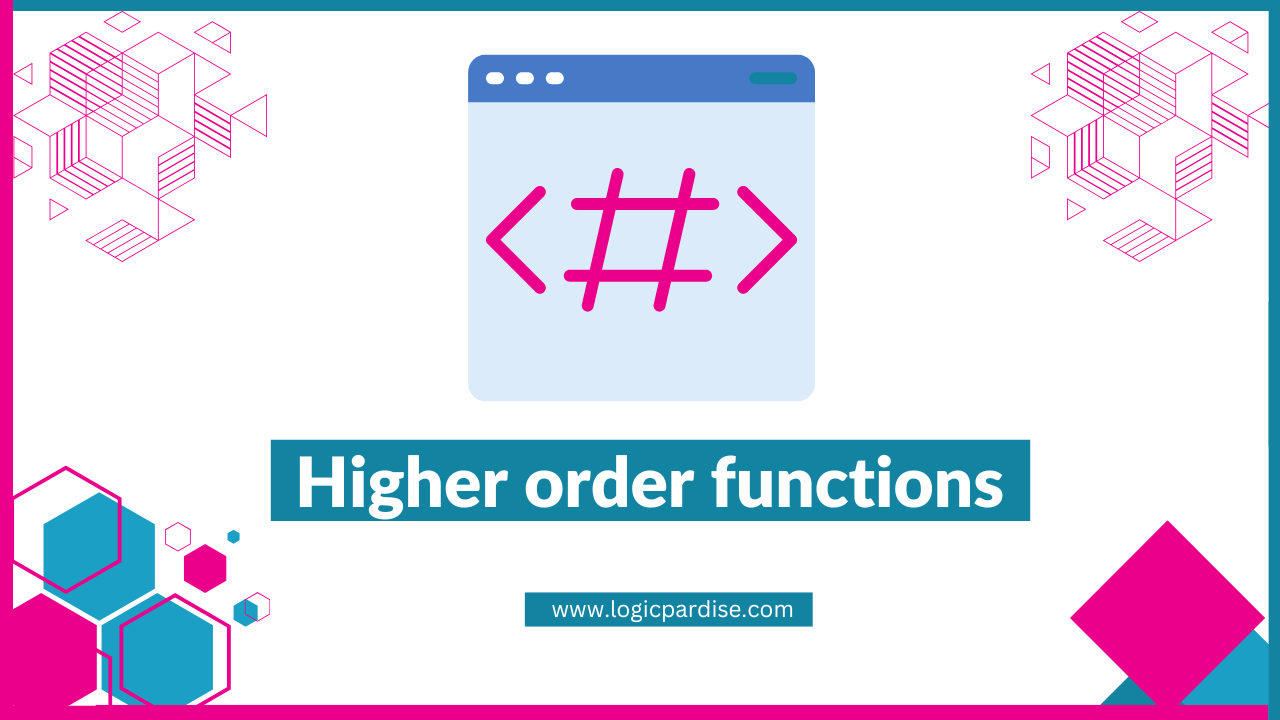It looks like you’ve provided a detailed excerpt about how Express, a popular Node.js web application framework, uses the debug module for logging purposes. The debug module is used to log information about route matches, middleware functions, application mode, and the flow of the request-response cycle. Unlike console.log, debug logs don’t need to be commented...




